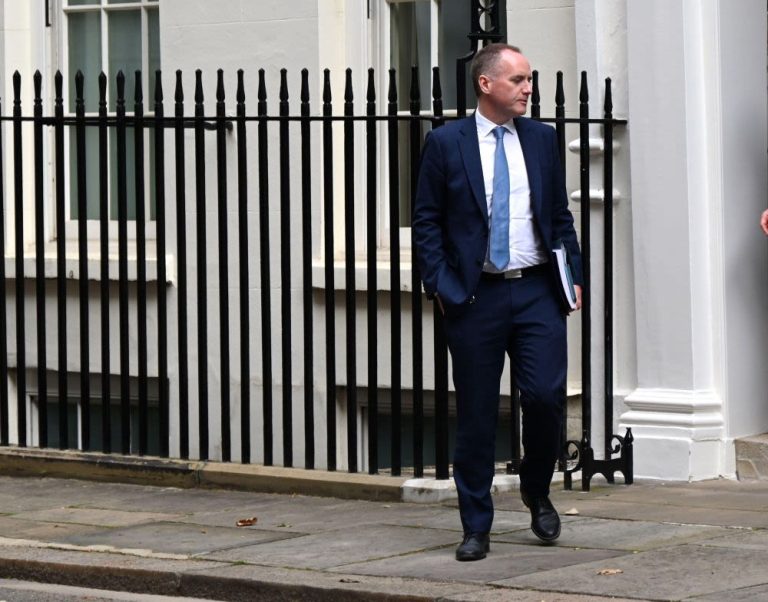
A maelstrom of internal clashes has engulfed “Your Party,” the fledgling left-wing formation launched by Jeremy Corbyn and Zarah Sultana. With the inaugural founding conference less than a month away, factional lines have hardened, leaving members and organisers scrambling to salvage unity. From competing membership platforms to battles over control of funds, the party’s early days have been defined by bitter power struggles reminiscent of the worst days of Labour’s internecine warfare.
Origins of the Split
In July, Corbyn and a group of Independent MPs announced the creation of a new party—initially dubbed Your Party—aiming to occupy the space to Labour’s left. A key meeting of the Organising Committee (OC) appeared to endorse Corbyn and Sultana as co-leaders, though Corbyn himself refused to cast a vote. Overnight, Sultana declared she was quitting Labour to helm the new venture alongside Corbyn. This unilateral announcement stunned Corbyn’s supporters, sparking the first round of public disagreements and setting the tone for subsequent factional skirmishes.
Membership Launch Debacle
September brought an explosive turn: Sultana’s camp unilaterally opened a membership portal, drawing in more than 20,000 supporters and nearly £500,000 in donations within hours. Yet Corbyn’s network, the Peace and Justice Project (PJP), branded the effort “unauthorised” and urged new sign-ups to cancel direct debits. Behind the scenes, PJP and MoU Operations (a separate company set up by Sultana’s allies) clashed over control of donor data and funds. Legal threats followed, with PJP referring the dispute to the Information Commissioner’s Office, alleging potential mishandling of supporter information.
Funding and Data Wars
A complex asset split lies at the heart of the turmoil:
- PJP Control: Holds the original mailing list and data from initial fundraising.
- MoU Operations: Manages the bank account into which Sultana’s membership donations funneled.
- Tension Peaks: Sultana acquired MoU outright, then began transferring funds back to Your Party in tranches—forcing an acrimonious demand by Independent MPs for the full original pot.
Analysts close to the party warn that mixing those streams risks legal exposure, explaining why Your Party’s leadership demanded only the initial £800,000 rather than the extra half-million raised by Sultana’s portal.
Founding Conference by Lottery
In an effort to sidestep entrenched factions, Your Party adopted a radical democratic model reminiscent of ancient Athens. All delegates to the founding conference in Liverpool (29–30 November) will be selected at random, while “dual carding” is banned—members cannot hold simultaneous memberships in other parties. Proponents argue this prevents well-organised Trotskyist or entryist groups from dominating. Critics fear that randomly chosen delegates lack the discipline to push back against seasoned organisers and question whether accidental exclusions will spark further controversy.
Leadership Race Looms
As the conference draws near, debate intensifies over the party’s governance structure. A provisional joint leadership between Corbyn and Sultana was the initial plan, but trust has eroded. Many insiders predict a showdown in early 2026, when members will elect a single leader—likely Corbyn versus Sultana. Both camps assure they will stand, though Corbyn allies whisper he may bow out under pressure. A handful of non-MP names, such as activist Joshua Virasami, have been mooted as potential “protest candidates,” but none have formally declared.
Green Surge and Electoral Strategy
Zack Polanski’s charismatic leadership has propelled the Greens into double-digit poll figures, raising fears within Your Party that the window of opportunity is closing. While most agree an electoral pact with the Greens is essential, tensions simmer over whether Polanski’s priorities align with Sultana’s or Corbyn’s vision. A successful Green surge could siphon off key support and derail Your Party before it truly launches.
Membership Morale and Organising Challenges
Amid public rows over data and funding, morale among the initial 20,000+ sign-ups has flagged. Budget constraints—limited cash from the initial PJP pot but significant legal overheads—mean organisers have run the AC C on a tight shoestring, relying on volunteers far more than expected. Early ambitions of 10,000–13,000 conference attendees have been revised down to 3,000–4,000. Yet many grassroots activists cling to the belief that their party can still fill the leftward void Labour has created.
Next Steps and Unanswered Questions
With foundational documents due to be ratified at the end of November, key questions remain:
- Will the random selection of delegates yield a genuinely open and fair conference?
- Can the money split issue be fully resolved without deepening divides?
- Will the leadership election amplify unity or exacerbate factional rancour?
- How will an electoral pact with the Greens be negotiated without alienating core members?
The answers will shape whether Your Party emerges as a united force or implodes under its own factional weight. One veteran organiser remarks, “We’ve more personalities than policies—unless we fix that, we’ll fade before we fly.”





